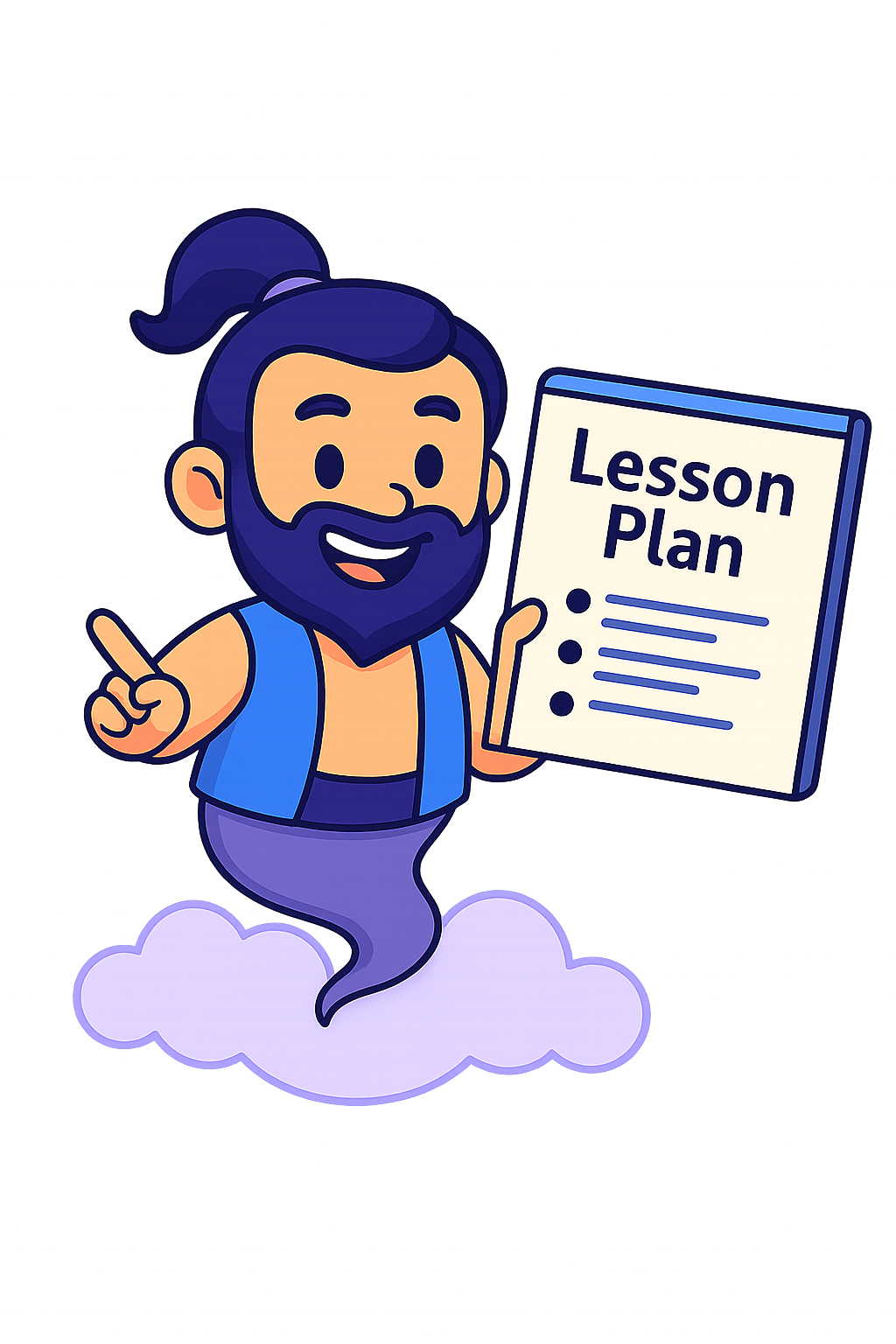 Writing Informative Texts with Facts and Details
Writing Informative Texts with Facts and Details
Objective: Students will learn how to write informative texts that clearly introduce a topic, use facts and definitions to develop points, and provide a concluding statement, aligning with 3.W.6 standards.
Learning Objectives
- Understand what an informative text is and its purpose.
- Identify and introduce a clear topic for writing.
- Use facts and definitions to support the topic in writing.
- Write a concluding sentence to end the informative text.
Materials Needed
- Paper or writing journal
- Pencil and eraser
- Picture books or short informational texts about animals or simple science topics
- Chart paper or whiteboard
- Markers
Key Vocabulary
- Informative Text
- A type of writing that gives facts or information about a topic.
- Topic
- The subject or main idea you are writing about.
- Detail
- A fact or piece of information that supports the topic.
- Conclusion
- A sentence that wraps up the information and finishes the writing.
Detailed Activities
Introduction to Informative Writing
- Begin by reading a short informational book or text aloud to the student, such as a book about animals.
- Discuss what kind of information the book gives and how it teaches readers about the topic.
- Explain that today, the student will write their own informative text about a topic they choose.
Choosing a Topic and Gathering Facts
- Help the student choose a simple topic they know about or are interested in, such as their favorite animal or a hobby.
- Together, brainstorm 3-4 facts or details about the chosen topic and write them on chart paper or whiteboard.
- Discuss how these facts help explain the topic to someone who does not know about it.
Writing the Informative Text
- Guide the student to write a sentence introducing their topic at the top of their paper.
- Encourage writing 3-4 sentences that share the facts or details discussed earlier.
- Help the student write a concluding sentence that sums up what they wrote or why the topic is interesting.
Sharing and Reflecting
- Ask the student to read their informative text aloud.
- Provide positive feedback and gently suggest any ways to add clarity or details if needed.
- Discuss how writing informative texts helps us teach others new things clearly.
Parent & Instructor Notes
- This lesson is designed to build foundational writing skills by focusing on clear communication of facts.
- Encourage your child to take their time thinking about the facts before writing to make their work stronger.
- Praise their efforts and gently support them if they struggle with spelling or organizing sentences.
Assessment Questions
- What is the topic of your writing?
- Can you tell me one fact you included that helps explain your topic?
- What does your concluding sentence say about your topic?
Extension Ideas
- Have your child create a drawing to accompany their informative text to show their topic visually.
- Encourage your child to write another informative text on a different topic to practice the skill further.
- Use simple graphic organizers to help your child plan their writing with topic, facts, and conclusion.
Frequently Asked Questions
You can help by discussing what you know about the topic together or looking up simple facts in age-appropriate books or websites.
Encourage your child to say their sentences aloud before writing, and offer to write down their words if needed as a model.
Teacher’s Guide
Common Misconceptions:
- Students may confuse informative writing with storytelling and include opinions instead of facts.
- Some students might struggle to write a clear concluding sentence and need examples to understand its purpose.
Scaffolding Ideas:
For Struggling Students:
- Allow oral responses or drawing to express facts before writing.
- Use a graphic organizer with sentence starters to guide sentence construction.
For Advanced Students:
- Encourage adding more facts or including definitions for difficult words.
- Challenge them to write a longer informative text with multiple paragraphs.
Pacing Recommendations:
- Spend extra time on brainstorming and discussing facts if your child needs more support.
- Keep writing sessions short and take breaks if your child shows signs of fatigue.
Standards
- 3.W.6 — Write informative/explanatory texts to examine a topic and convey ideas and information clearly.
Printable Worksheet
Plan Your Own Lesson
Looking for a custom lesson plan? Try our Lesson Planning Generator — create standards-based plans for any topic, instantly!
Common Core Aligned Lesson Plans
Looking for another common core lesson? See all of the lesson plans here.
More Free Lesson Plans
We’re adding more every week! Check back soon or explore all our lesson plans here.

 Writing Informative Texts with Facts and Details
Writing Informative Texts with Facts and Details
Leave a Reply